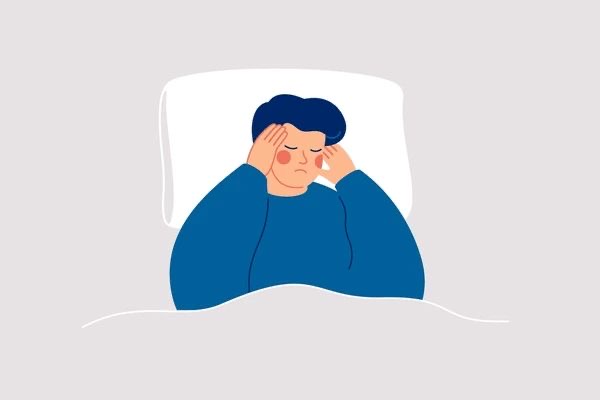Why does your brain bring up old embarrassing memories right before sleep?

It is a real psychological phenomenon that many people experience — often referred to as “bedtime anxiety” or “intrusive memories.” It may seem like your brain is sabotaging your peace, but in fact, it’s doing something protective and deeply rooted in emotional processing and memory consolidation.
Following could be its psychological explanation:
1. Quiet Mind, Loud Thoughts
During the day, your brain is constantly stimulated by tasks, conversations, and distractions. But when you lie down at night, the external noise fades. That quiet creates space for unresolved or buried thoughts to surface — including emotionally charged memories. Your brain finally has time to reflect.
2. Emotional Processing and Memory Consolidation
The moments before sleep are when your brain starts sorting through the day’s experiences and long-term memories. It tries to reduce emotional intensity by bringing unresolved memories to light. By revisiting them, the brain aims to help you understand and reframe them, so they stop triggering shame or discomfort.
3. Coping and Learning Mechanism
Your brain replays those cringe-worthy moments not to punish you, but to teach you. It’s a form of internal coaching — “this was painful, let’s not do it again.” The discomfort acts as reinforcement, helping you avoid similar situations in the future.
4. Unresolved Self-Image Issues
Sometimes these memories clash with how you see yourself — creating cognitive dissonance. If you think of yourself as kind or competent, but remember a moment that contradicts that, your brain wants to resolve the mismatch. It surfaces the memory so you can reinterpret it or integrate it into a more realistic and forgiving self-view.
5. A Call for Closure
Some memories resurface because they never received emotional closure — maybe you never apologized, forgave yourself, or processed what happened. Your brain brings them up as a cue: “this still needs your attention.”
6. The Illusion of Randomness
It feels like these thoughts come from nowhere, but they’re often triggered by something subtle — a scent, a phrase, or a feeling from earlier in the day. Once you’re still, your mind follows the thread back to the source, landing on an old, unresolved moment.
In essence, your brain isn’t being cruel; it’s trying to process, protect, and prepare you. The goal is emotional resolution and behavioral refinement — even if it feels like self-sabotage in the moment. Understanding this can help you practice self-compassion when those memories surface, and over time, lessen their power.



Comments (0)